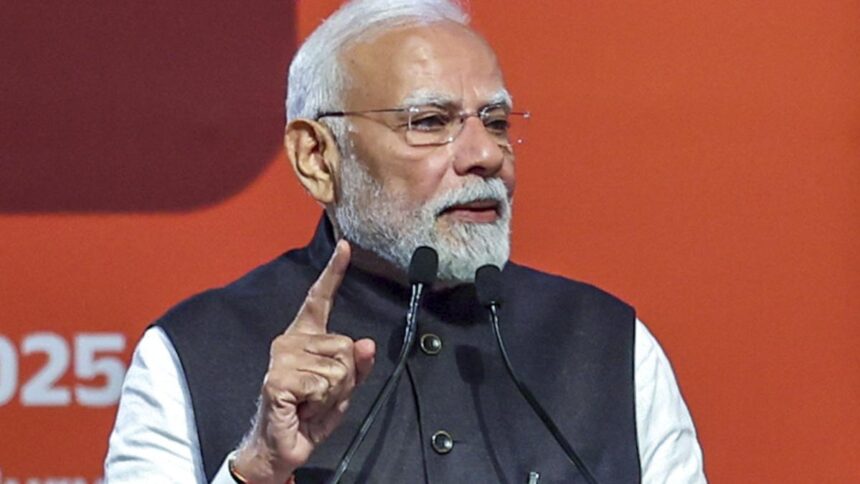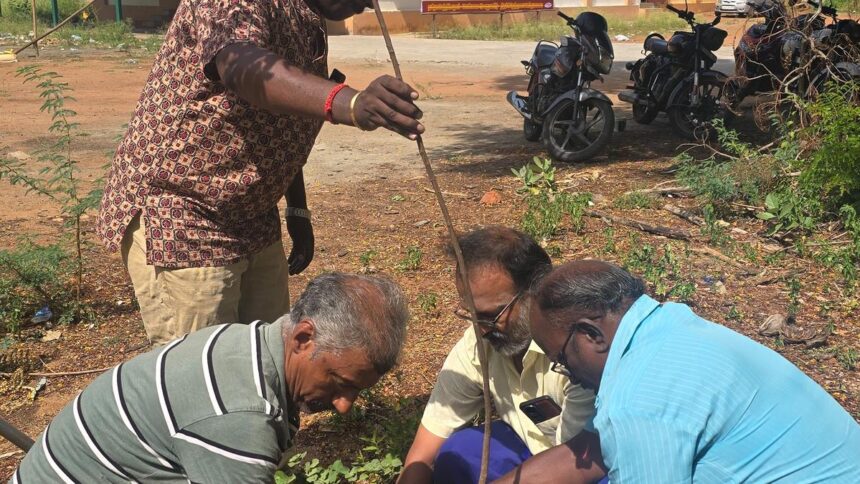Even if you are on a social media detox currently, chances are you would have come across “this is cringe” at some point, lurking beneath someone’s comment section.
Whether you are using those squiggly straws and calling it free will, throwing a birthday bash for yourself, or simply going on the trend of “doing it for the plot”, someone, somewhere, is already side-eyeing you through their screen.
In an age where personal freedom is called ‘free will’ by the chronically online, we are supposedly reclaiming joy, awkwardness, and individuality. But can you really do anything like that in your online world without someone branding it as “cringe”? Even recently, Vietnamese-American writer and professor Ocean Vuong shared insights about ‘cringe culture’, which he observed among his students, and explained how this holds young people back, in an interview with ABC News.

To know more about this omnipresent word, you must decode it. Cringe is often described as awkward, embarrassing, or something that gives ‘second-hand pain’ to someone witnessing it. The internet throws this label around too much when you show over-enthusiasm or under-enthusiasm, appreciate millennial humour or trends from 2013, fail at something, or even wear something you like.. The list goes on, and so begins the tedious task of walking on eggshells on social media, where you end up gatekeeping your little joys if it doesn’t fit the aesthetic.
“These days, people say everything is cringe, and it is wildly subjective and often uncalled for,” says Harini, a 24-year-old Air Transport Management student, who says she limits her presence online and doesn’t want to ‘expose’ her life on social media.
“Social media has given a platform for anyone to spew hate publicly, and it is not something that should be entertained. If you post something on social media, it will be judged more than normal,” she says. She observes that people around her are losing their identities by mimicking what is perceived as ‘cool’: such as going to concerts they are not interested in, and having matcha even when they are not a fan of it.

On the other hand, if you are trying your hand at something new, like posting your beginner-level water colour paintings or experimenting with an Instagram trend, which everyone else is already doing in a prescribed way, it is declared a ‘flop’. There is no room for error, says Ms. Harini.
Free will vs cringe culture
When asked whether Gen Z is torn between free will and cringe culture, Madhuri Ravi, 25, a senior writer from Chennai calls it what it is: a performance. “I feel these are two points on the spectrum of performance,” says Ms. Madhuri. “You just have to land in one of these two camps: where camp A is about coming off as genuine and relatable and camp B is where you take it so far that you know it is obviously a joke that people can laugh at. But if you are in the middle of these two points, trying hard to do something earnest but it does not come off as natural and falls flat, then you see people roasting you,” explains Ms. Madhuri on her observation of ‘cringe’ on social media.
In essence, largely, cringe has become a euphemism for cyberbullying. A lot of YouTubers from the West lately say how misogyny, ableism, racism, homophobia, are all concealed behind this quite unserious word.
“Your social media, including Linkedin, is almost like a record of your life. Employers now want to see your social media presence. To intentionally distance yourself from social media and not know trends is almost not seen as normal,” shares Ms. Madhuri, adding that there is no real escape from social media and the cringe culture that exits within it.

But then what are we heading towards, you ask? “Eventually, as people grow older and their priorities change, they will grow out of this. This concern of coming across as ‘cringe’ is primarily a young person’s thing, because when you are young, you are more concerned about how you are perceived by the people around you,” she adds.
Still, we are currently in the thick of it where the internet is less of a free space. “We are becoming like echo chambers. There is a quiet kind of imposition that is trying to fit us into a mould, or else you will be ‘cringed’ into the oblivion,” says Ms. Harini.
“Social media is, in fact, dictating how you should live your real life too. I try to stay self-aware and not let it affect me, but I see how it is deeply impacting people and how they perceive themselves,” she says, raising the lingering question: are you avoiding experiences just to dodge the label ‘cringe’ or stifle your own story?
Published – August 01, 2025 03:30 pm IST























